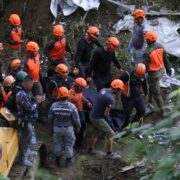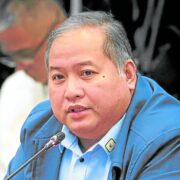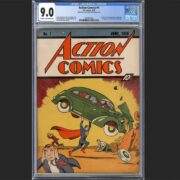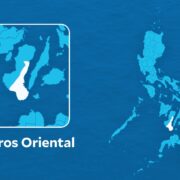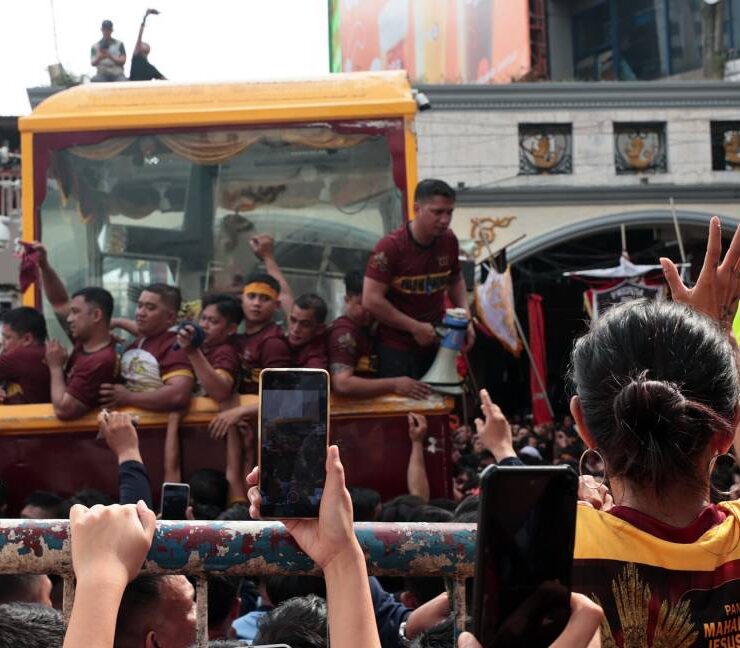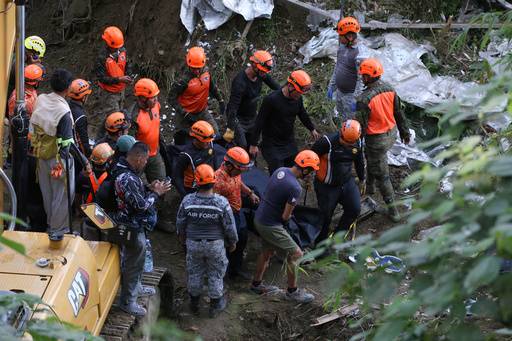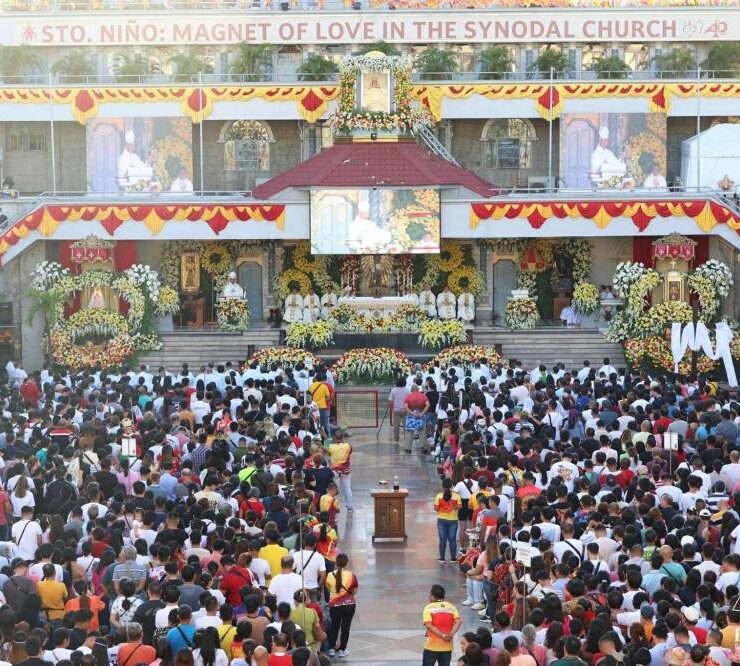Rights lawyers on Enrile burial at Libingan: Historical distortion
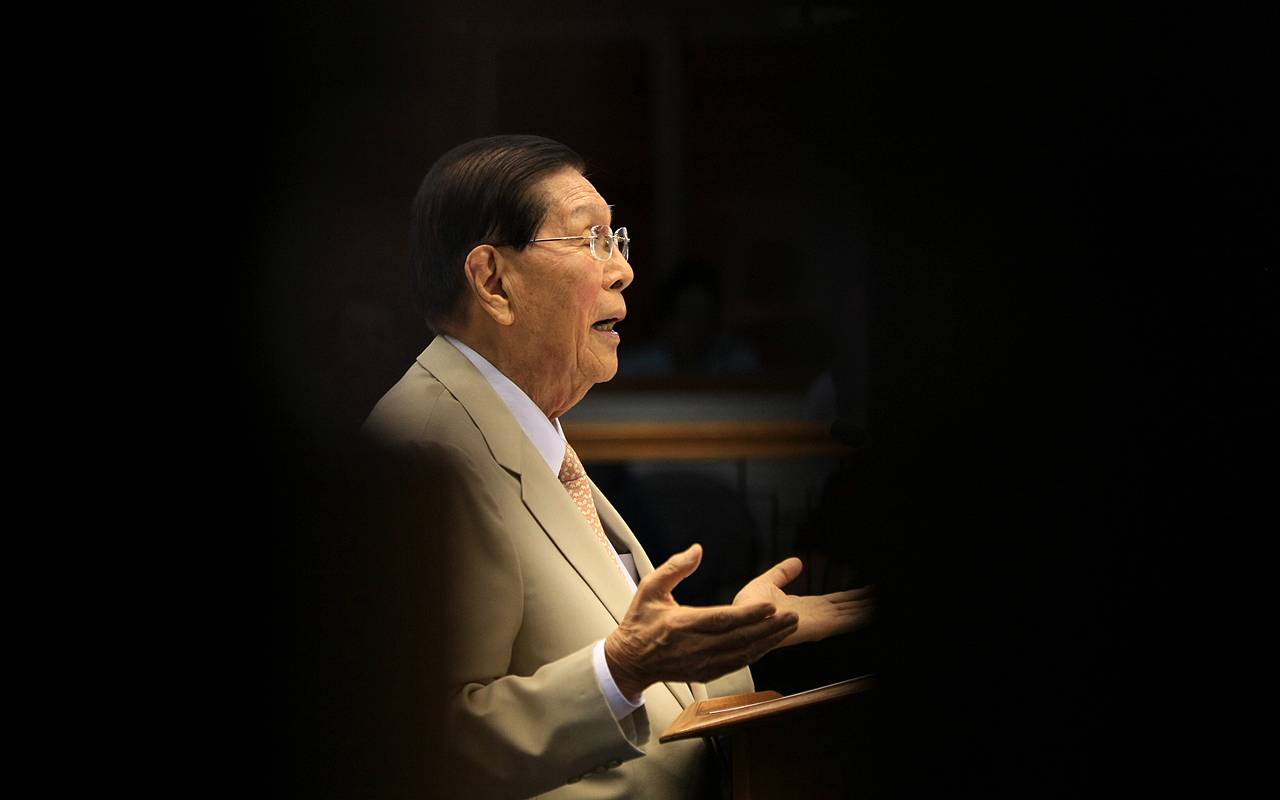
The National Union of Peoples’ Lawyers (NUPL) on Tuesday opposed the plan to bury former presidential legal counsel Juan Ponce Enrile at the Libingan ng mga Bayani, saying that conferring hero status on him was part of an effort to “rehabilitate” his name for his role in martial law atrocities.
“To bury Enrile at the Libingan is to disregard the harm inflicted under martial law and undermine the foundations of reparations, asset recovery, and transitional justice,” the NUPL said in a statement.
The necrological services for Enrile, who died on Nov. 13 at age 101 after a bout with pneumonia, will be held on Nov. 19 at the Senate which he once headed and at Camp Aguinaldo where he served as defense chief under different presidents. A public viewing will be held on Nov. 21, with the funeral to be held the next day, Nov. 22 at Libingan ng mga Bayani, his daughter Katrina Ponce Enrile told reporters in an earlier interview.
For the group of human rights lawyers, the move was yet again a “grave distortion of history” and a cruel reminder of the same “revisionism” when former President Ferdinand Marcos Sr., who appointed Enrile as defense minister in 1970, was buried in the same cemetery in 2016.
“The Libingan ng mga Bayani is not a sanctuary for those who dismantled democracy or presided over systematic abuse. It was created for ‘inspiration and emulation’—standards that neither Marcos nor Enrile ever met,” it stressed.
Required standard
Citing Republic Act No. 289, the statutory basis for the establishment of the Libingan ng mga Bayani, the NUPL noted that the law requires a standard: Those “worthy of emulation” and who embody “moral fitness.”
“As defense minister, Enrile stood at the center of martial rule: mass arrests, detention, torture, disappearances, media shutdowns and the dismantling of civil liberties,” it said, adding that his breakaway from Marcos Sr. in 1986 did not erase his sins.
Under the rules of the Armed Forces of the Philippines which administers the property in Taguig City, among those who can be interred at the cemetery are former presidents, military personnel, war veterans, statesmen and defense chiefs.
Even the burial of Marcos Sr. was met with protests, especially after the Supreme Court, voting 9-5, upheld the order of then President Rodrigo Duterte to have the late dictator interred at the cemetery.




